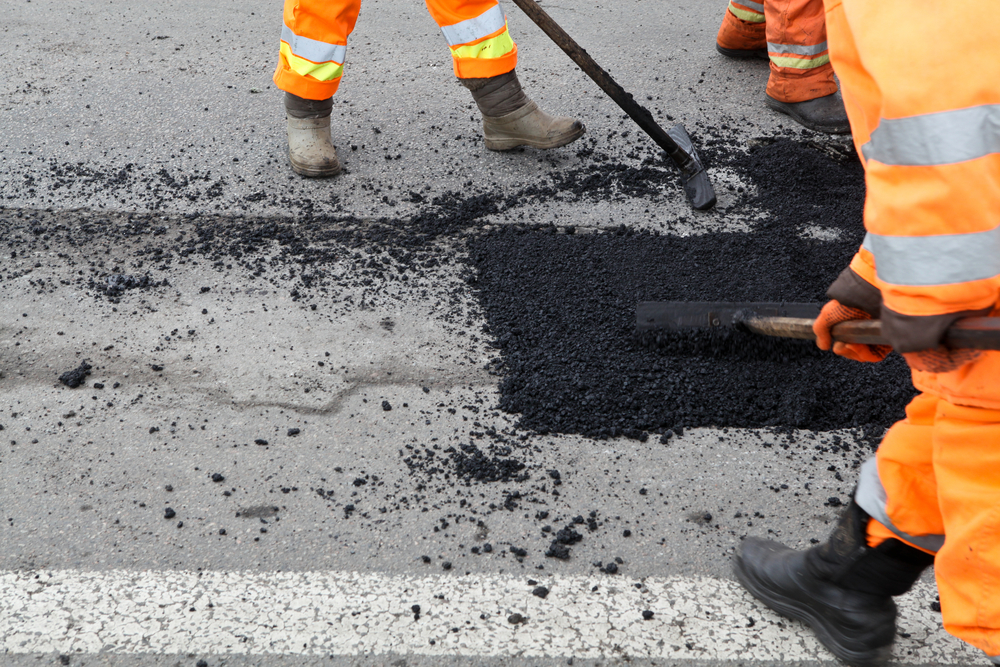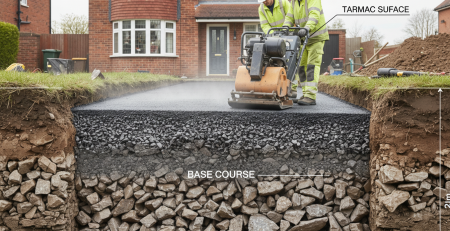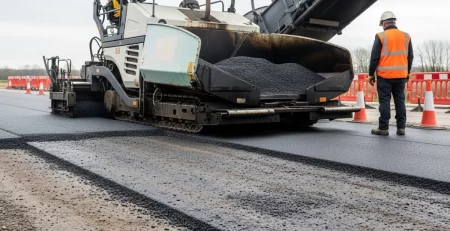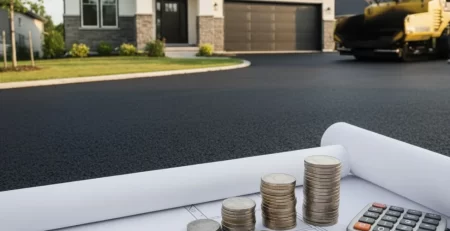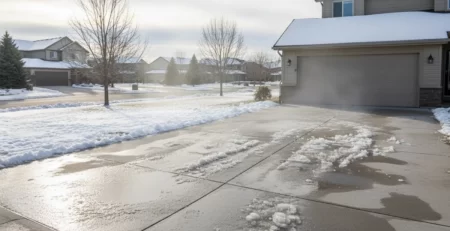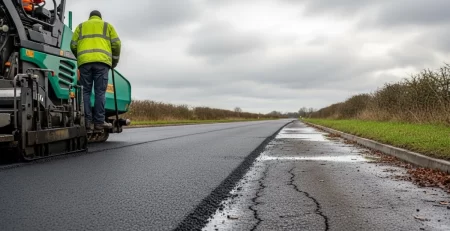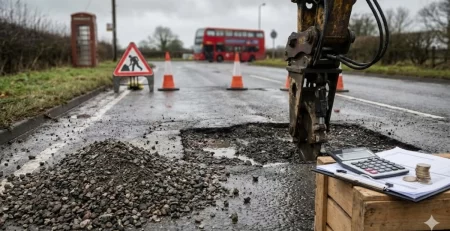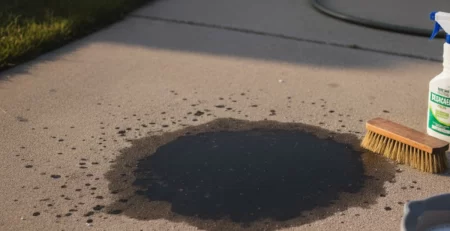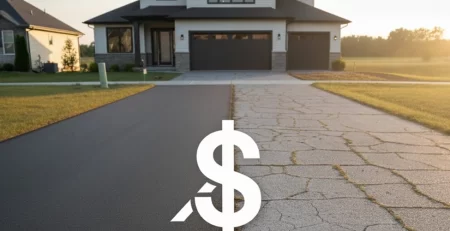Why Road Surfacing Matters: Safety, Longevity & Cost Efficiency
Roads are among the most essential parts of our everyday lives, yet they are also one of the most overlooked. Whether it’s a residential street, a commercial estate, or a busy access route, the quality of the road surface has a direct impact on safety, comfort, and long-term maintenance costs. Understanding why resurfacing matters helps homeowners, businesses and local authorities make informed decisions about when, how, and why to invest in proper surface treatments.
1. A Safe Road Starts With a Smooth Surface
A well-constructed surface is more than just visually appealing — it keeps road users safe. Over time, traffic volume, harsh weather, ground movement and heavy loads cause deterioration such as cracks, potholes and uneven patches. These hazards increase the risk of accidents, damage vehicles, and create unnecessary liability issues for landowners or operators.
Regular resurfacing helps restore surface grip, improves drainage, and reduces the likelihood of standing water. This is especially important in the UK, where wet conditions are common and can easily cause skidding or hydroplaning. By renewing the surface before major defects appear, you ensure a safer environment for everyone — drivers, cyclists and pedestrians.
2. Resurfacing Extends the Life of Your Infrastructure
A key benefit of road resurfacing is its ability to protect and prolong the underlying structure. When cracks and surface defects go untreated, water begins to seep into the sub-layers. Once that happens, the integrity of the road starts to fail, leading to major repairs or full reconstruction later on.
Resurfacing acts as a protective layer, sealing the road against water, frost and pressure. This creates a more resilient foundation that can withstand years of use. In other words, a timely resurfacing project today can prevent far more costly structural damage in the future.
This is particularly important for private estates, commercial car parks, industrial yards and high-traffic access routes, where heavy loads and constant usage accelerate wear and tear.
3. The Hidden Cost of Delaying Road Repairs
While resurfacing requires investment, delaying it often costs significantly more.
Once a road surface begins to break down, deterioration speeds up rapidly. Small cracks become potholes, potholes merge into depressions, and eventually the entire surface becomes uneven and unstable. At this stage, resurfacing may no longer be enough — full reconstruction becomes necessary, which is far more expensive and disruptive.
Proactive resurfacing also helps:
- Reduce ongoing maintenance needs
- Minimise vehicle damage claims
- Lower liability risks
- Avoid closures or operational interruptions
Regular inspection and timely intervention are always the most cost-effective strategies.
4. What Influences Surfacing Costs?
The overall cost of resurfacing varies depending on several key factors:
Traffic Volume
Heavily used roads require more robust materials and thicker layers to withstand pressure.
Materials Used
Standard asphalt is suitable for many projects, but premium mixes such as Stone Mastic Asphalt or specialised binders offer longer life and stronger performance.
Environmental Conditions
Areas with excessive moisture, rapid temperature changes, or poor drainage may need additional preparation work.
Existing Surface Condition
If the underlying structure is still strong, an overlay may be enough. If not, deeper treatments are required.
Understanding these factors helps set realistic budgets and choose surfacing solutions that balance performance and cost.
5. Choosing the Right Contractor Matters
Even the best materials won’t perform well without skilled installation. Road surfacing requires technical expertise, precise machinery and experienced crews who understand how to deliver durable, long-lasting results.
Whether you’re responsible for a private road, a commercial site, or a residential development, choosing a trusted surfacing specialist ensures that the job is done to the right standard, on time and within budget. If you’re planning a resurfacing project or need expert guidance, Total Surfacing Solutions offers dependable support — you can easily reach the team through the contact page on their website.
The internal link is naturally placed here: To discuss your project or request a quote, feel free to get in touch via Total Surfacing Solutions’ contact page at Total Surfacing Solutions – Contact Us.
Final Thoughts
Road resurfacing is not just a maintenance task — it’s a proactive investment in safety, performance and long-term cost savings. By addressing issues early and choosing the right materials and contractor, you can significantly extend the lifespan of your roads while creating a smoother, safer experience for every road user.

